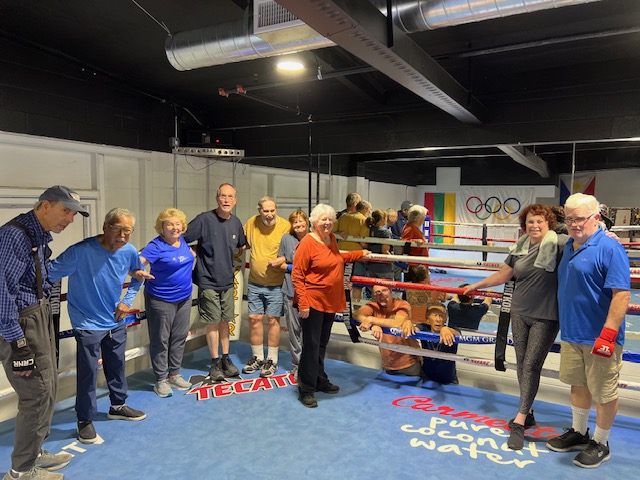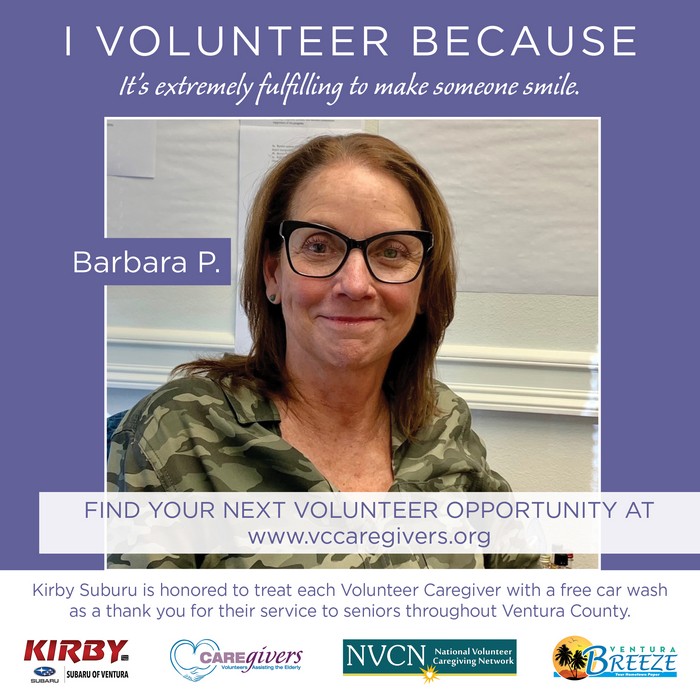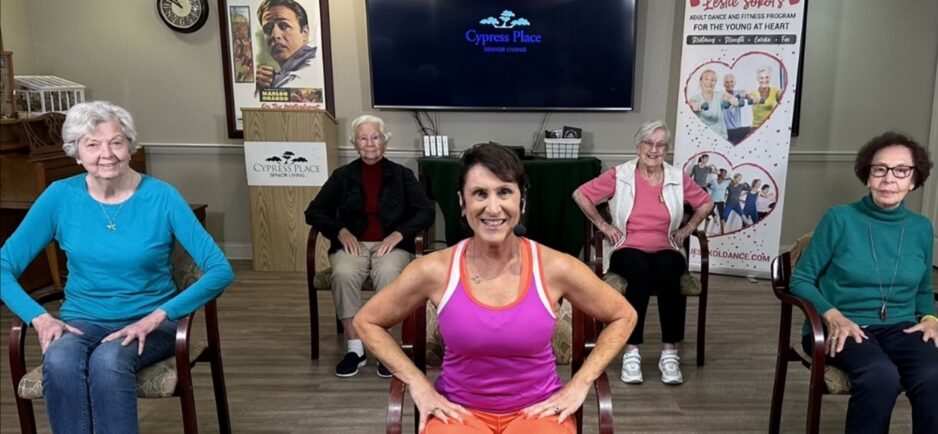by National Institute on Aging
Late afternoon and early evening can be difficult for some people with Alzheimer’s disease. They may experience sundowning—restlessness, agitation, irritability, or confusion that can begin or worsen as daylight begins to fade—often just when tired caregivers need a break.Woman with Alzheimer’s experiencing sundowning
Sundowning can continue into the night, making it hard for people with Alzheimer’s to fall asleep and stay in bed. As a result, they and their caregivers may have trouble getting enough sleep and functioning well during the day.
Possible causes
The causes of sundowning are not well understood. One possibility is that Alzheimer’s-related brain changes can affect a person’s “biological clock,” leading to confused sleep-wake cycles. This may result in agitation and other sundowning behaviors.
Other possible causes of sundowning include:
- Being overly tired
- Unmet needs such as hunger or thirst
- Depression
- Pain
- Boredom
- Coping with sundowning
Do’s and Dont’s: Communicating with a Person Who Has Alzheimer’s Disease infographic. Click to open page with infographic.
Read and share this infographic about how to communicate with a person who has Alzheimer’s disease.
Look for signs of sundowning in the late afternoon and early evening. These signs may include increased confusion or anxiety and behaviors such as pacing, wandering, or yelling. If you can, try to find the cause of the person’s behavior.
If the person with Alzheimer’s becomes agitated, listen calmly to his or her concerns and frustrations. Try to reassure the person that everything is OK and distract him or her from stressful or upsetting events.
You can also try these tips:
- Reduce noise, clutter, or the number of people in the room.
- Try to distract the person with a favorite snack, object, or activity. For example, offer a drink, suggest a simple task like folding towels, or turn on a familiar TV show (but not the news or other shows that might be upsetting).
- Make early evening a quiet time of day. You might play soothing music, read, or go for a walk. You could also have a family member or friend call during this time.
- Adjust lighting, letting in natural light during the day, if possible, and try softer room lighting in the evening.
Preventing sundowning
Being too tired can increase late-afternoon and early-evening restlessness. Try to avoid this situation by helping the person:
- Go outside or at least sit by the window—exposure to bright light can help reset the person’s body clock
- Get physical activity or exercise each day
- Get daytime rest if needed, but keep naps short and not too late in the day
- Get enough rest at night
- Avoid things that seem to make sundowning worse:
- Do not serve coffee, cola, or other drinks with caffeine late in the day.
- Do not serve alcoholic drinks. They may add to confusion and anxiety.
- Do not plan too many activities during the day. A full schedule can be tiring.
If problems persist
If sundowning continues to be a problem, seek medical advice. A medical exam may identify the cause of sundowning, such as pain, a sleep disorder or other illness, or a medication side effect.
If medication is prescribed to help the person relax and sleep better at night, be sure to find out about possible side effects. Some medications can increase the chances of dizziness, falls, and confusion. Doctors recommend using them only for short periods of time.




